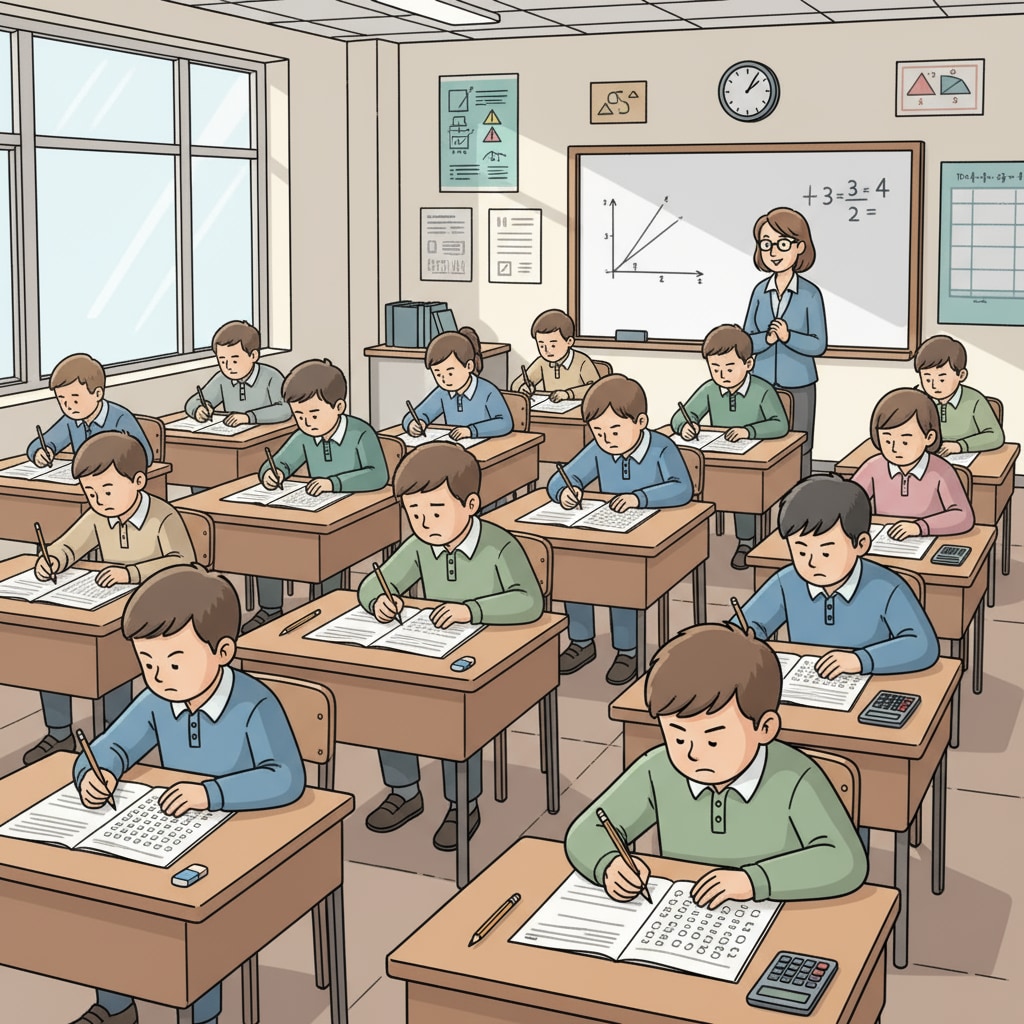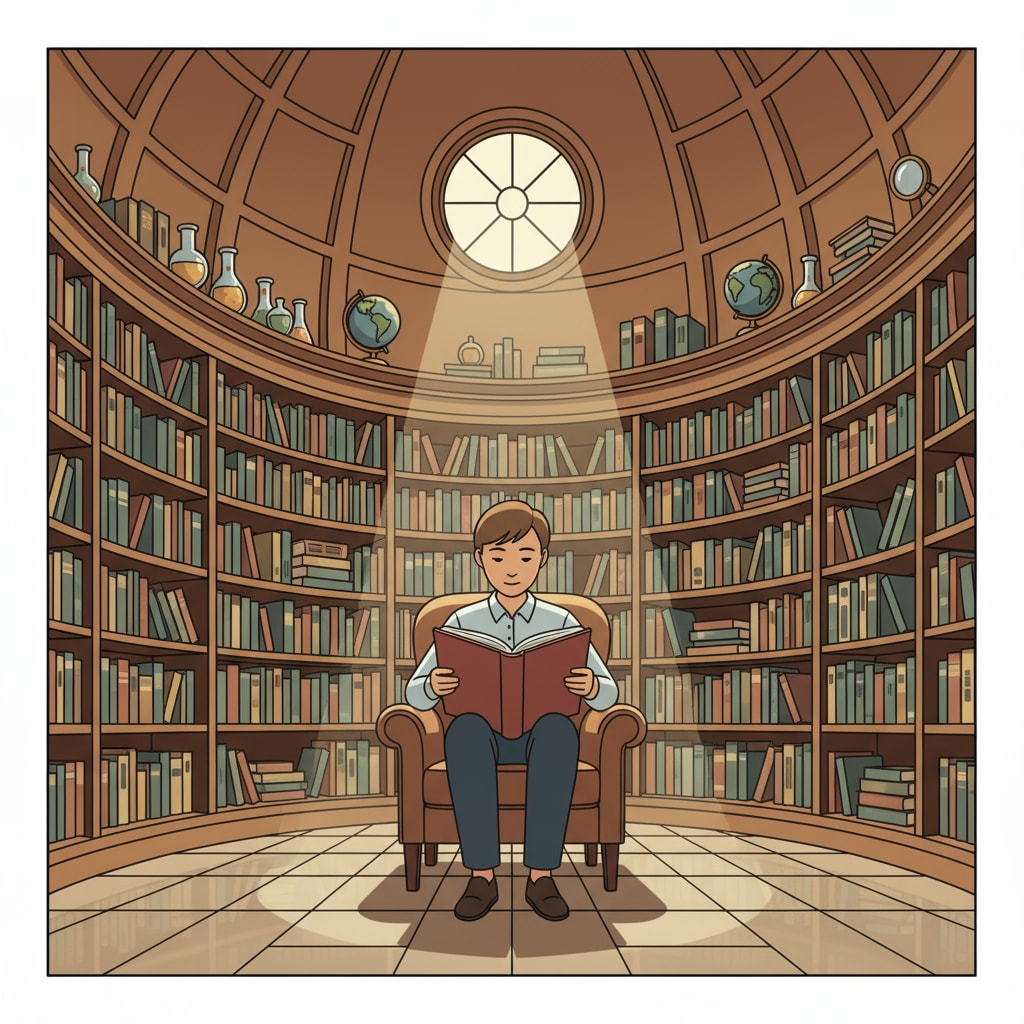Lifelong learning, formal education, and life experiences are the cornerstones of a well-rounded and fulfilling life. In today’s rapidly evolving world, the traditional model of education, which often ends with the completion of formal schooling, is no longer sufficient. Contemporary K12 education has placed excessive emphasis on standardized testing and the transmission of limited knowledge, overlooking the crucial aspect of cultivating lifelong learning capabilities. This article delves into how we can integrate the concept of lifelong learning into the K12 education system, enabling students to develop a continuous learning mindset and skills, thereby ensuring that education extends far beyond the confines of the school building.
The Limitations of Contemporary K12 Education
Modern K12 education has become somewhat of a conveyor belt, churning out students who are proficient at taking tests but may lack the deeper understanding and passion for learning. Standardized tests have become the primary measure of success, driving curricula and teaching methods. As a result, students are often focused on memorizing facts rather than engaging in critical thinking, problem-solving, and exploration. For example, according to Standardized Testing on Education Week, the overemphasis on these tests can lead to a narrow view of education, where creativity and curiosity are stifled.

The Imperative of Lifelong Learning
Lifelong learning is not just an option; it is a necessity in today’s dynamic world. Our lives are filled with constant changes, new technologies, and evolving social norms. By adopting a lifelong learning approach, individuals can adapt to these changes more effectively. Lifelong learning encompasses various aspects, such as learning new skills, acquiring knowledge in different fields, and developing a growth mindset. For instance, as per Lifelong Learning on Wikipedia, people who engage in continuous learning are more likely to remain relevant in their careers and lead more fulfilling personal lives.

Integrating lifelong learning into K12 education can be achieved through several means. Firstly, educators should design curricula that encourage exploration and discovery. This could involve project-based learning, where students work on real-world problems, fostering critical thinking and teamwork. Secondly, schools should provide opportunities for students to engage in extracurricular activities that expose them to different interests and passions. Additionally, promoting a culture of learning within the school environment, where mistakes are seen as opportunities for growth, is essential.
In conclusion, lifelong learning, formal education, and life experiences are intertwined. To create a generation of learners who are equipped to face the challenges of the future, we must revolutionize K12 education and instill the values of lifelong learning. By doing so, we can ensure that education is not just a phase of life but a continuous journey that enriches us at every step.
Readability guidance: Using short paragraphs and lists helps summarize key points. Each H2 section can have a list to present information clearly. Controlling the use of passive voice and long sentences enhances readability. Adding transitional words throughout the text, like ‘however’, ‘therefore’, ‘in addition’, ‘for example’, and ‘as a result’, improves the flow.


